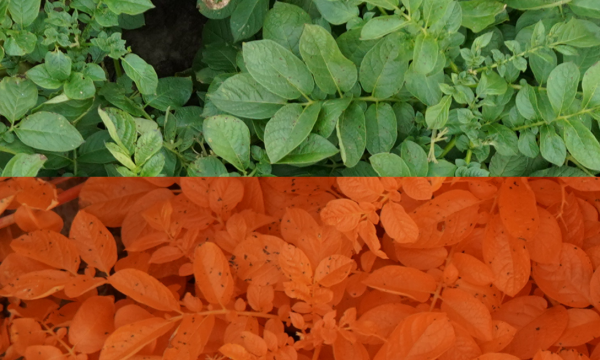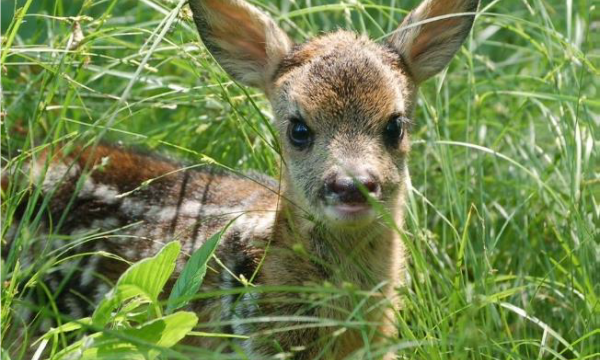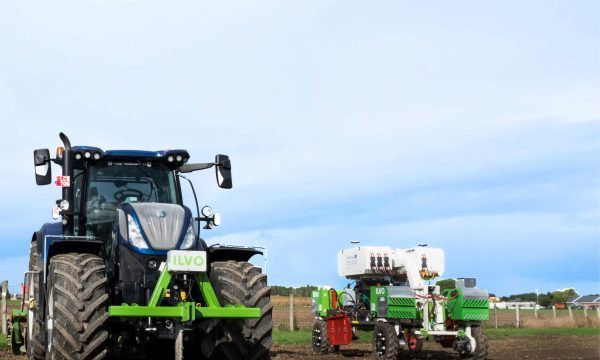General Event in the spotlight: Drones and AI for the food industry (FTI Hasselt)
In March 2024, the Flemish government put technology and innovation at the centre during the Flanders Technology & Innovation Festivals (FTI). These festivals were organised in the five Flemish provincial capitals and Brussels. FTI Hasselt had as its central theme "sustainable urban transition", with further focus on the areas of mobility, energy, circularity and food.
Within the area of food, ILVO and VITO organized an interactive day on March 19 on the opportunities of drones and artificial intelligence (AI) for the food industry. This workshop was organized within the framework of the VLAIO Coock project "Operational drone services for agri-food" or OpsDrone. Participants from governments, research institutes and drone, engineering, insurance and seed processing/chemicals sectors attended the event.
The programme consisted of a plenary section in the morning and technical workshops in the afternoon.
The morning plenary session featured presentations on current research and applications for the food industry. ILVO and VITO presented how drones can be used to detect toxic and invasive weeds such as jimson weed and chufa. Both weeds must first be removed from the field because of their toxic (jimson weed) or highly invasive nature (both species) before one can continue cultivation (for tuber, root and bulb crops for chufa) or can harvest the product (for jimson weed). By employing drones, one can locate and control these weeds more efficiently, thus preventing possible contamination of the crop/food product and further spread.
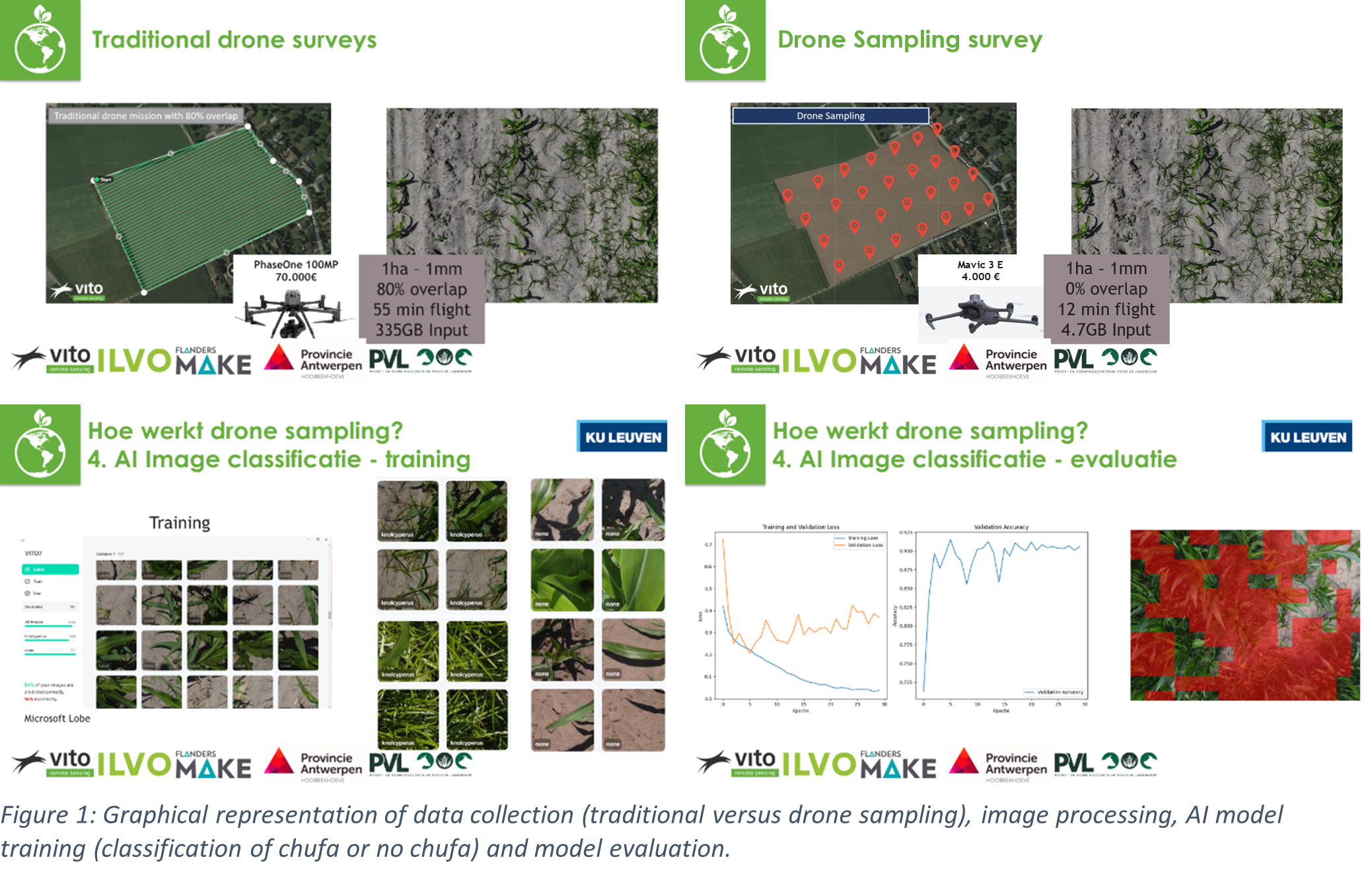
Flanders Make presented research on autonomous drone flight planning (flights without a pilot present). Drone data was used to further improve and automate its flight planning. This application already proved successful in planning autonomous drone flights in greenhouses.
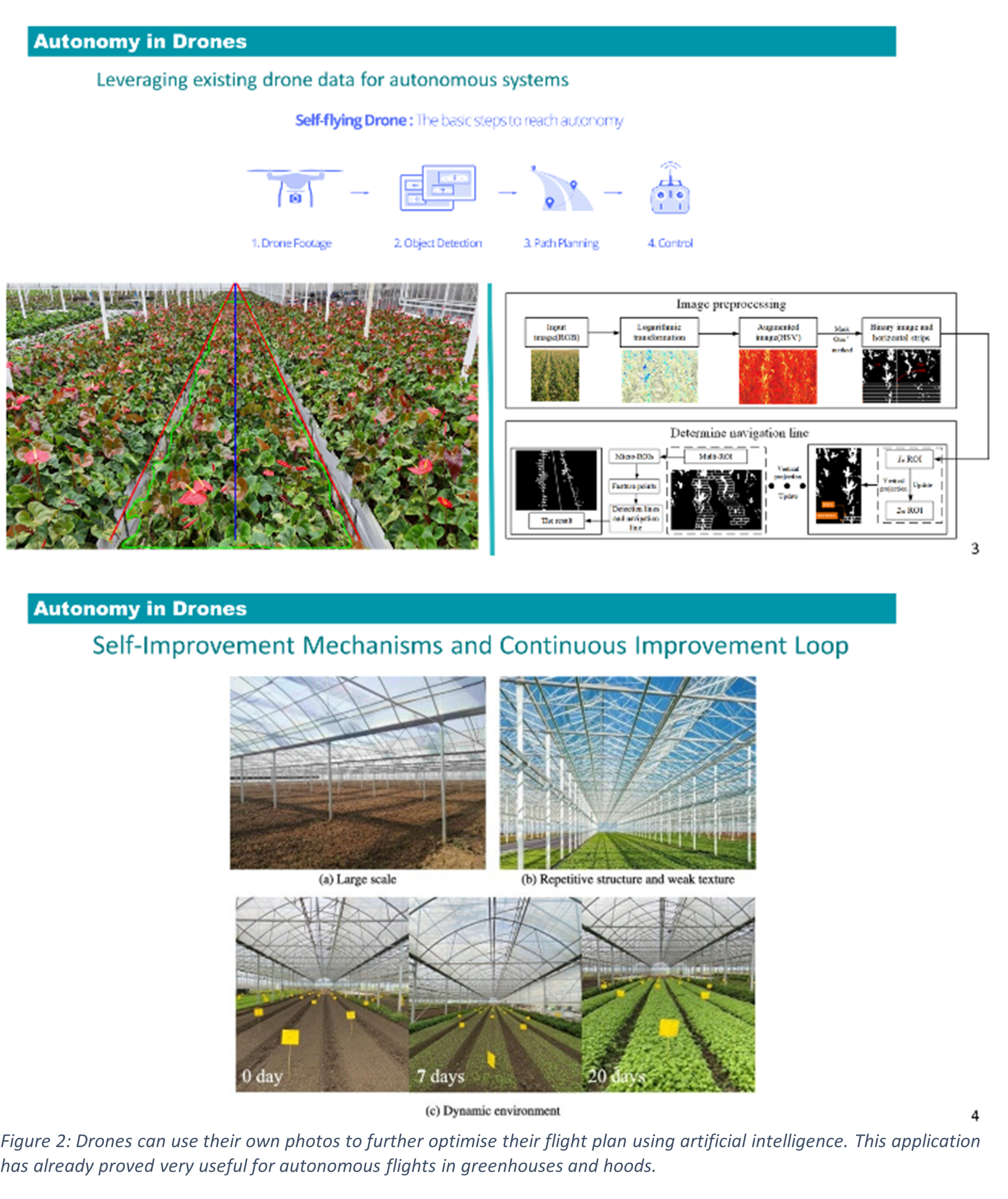
In turn, PIBO campus presented how drones can be used to monitor their Limburg sustainable agriculture pilot platform. The pilot platform is a collaboration with Tiense sugar, province of Limburg and Beneo. In their ongoing research, they focus mainly on how drone data and AI models can be used to detect diseases in sugar beet (yellowing disease and Cercospora leaf spot).
Finally, the company Radix presented some interesting use cases of AI applications that are useful in the full food life cycle (food production, processing, distribution and retail). For example, drones and AI can be enabled for habitat monitoring of beneficial pollinating insects to support more biodivers agriculture.


The afternoon featured more technical workshops focusing on "computer vision", which involves processing images through computer algorithms. Participants were first introduced to the topic and the possible applications in combination with machines and robots. After this, they were able to work on their own with Python code to test out some AI models in Google Colab and Kaggle. Models covered were Stable Diffusion, the Segment Anything Model (SAM) and clustering algorithms.

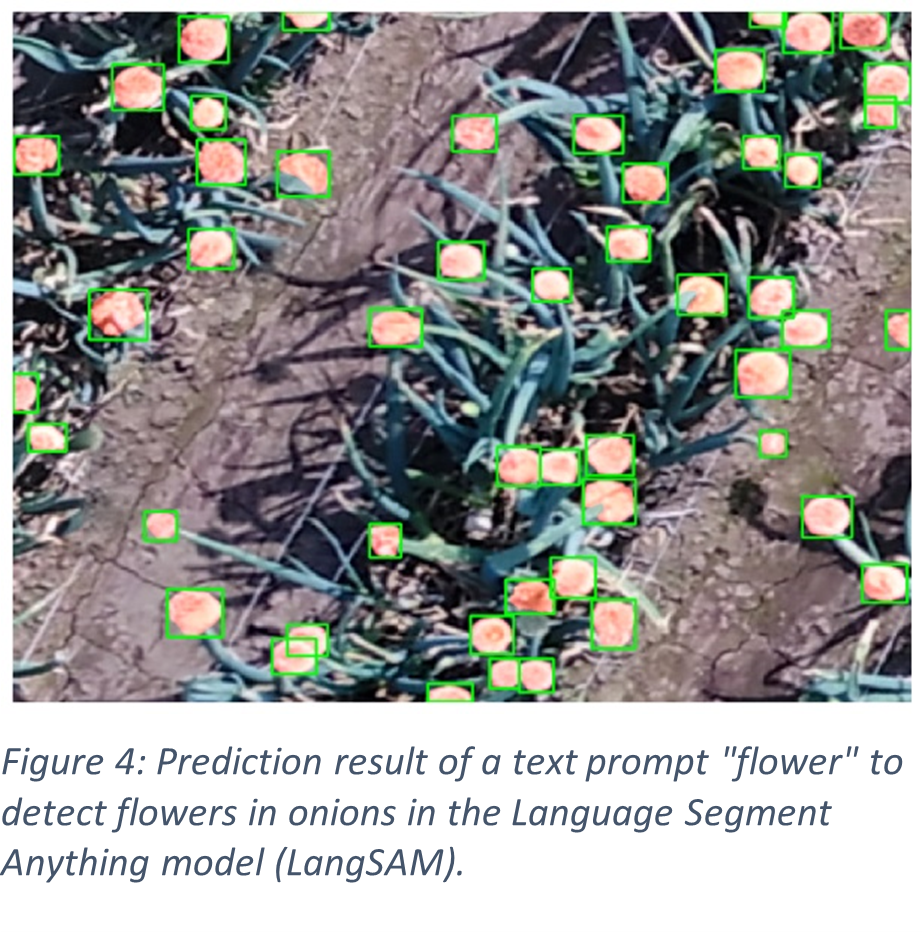
If you are interested in the OpsDrone project, you can register here. This will keep you informed about upcoming events and give you access to project results, presentations, documents, notebooks and demonstration datasets.
